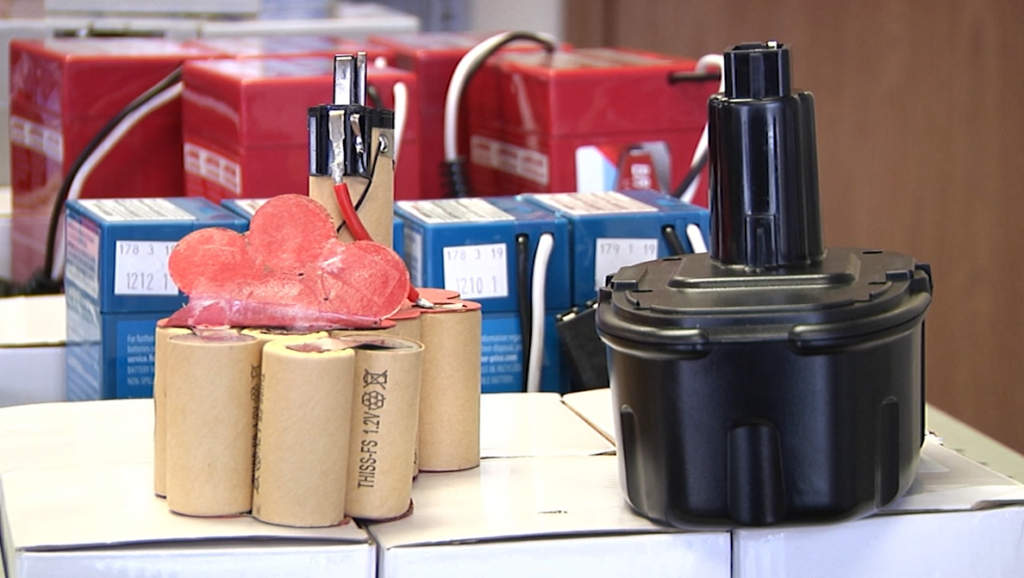Summer Disposal Dangers: What You Need to Know

ZANESVILLE, Ohio — Firework season is rapidly approaching, but did you know there are some dos and don’ts when it comes to safely getting rid of fireworks, propane tanks, and other hazardous materials?
With summer celebrations and cookouts in full swing, experts say knowing how to safely dispose of what’s left behind is just as important as enjoying the festivities. And it’s not just leftover fireworks, hazardous items like batteries can be a major fire risk if not handled correctly.
“Even if they appear to be dead, they contain chemicals and the way they are set up, the rechargeable batteries specifically, they can be crunched in the process of trash collection or recycling collection and that can create a spark, which can create a fire. If there’s other chemicals or dry papers in the truck at the same time, those can cause fires. We’ve had fires in trucks, we’ve had fires in our facilities, and it can really get out of hand fast,” said Jeff Meyers, area communications manager for Rumpke.
To prevent fires and injuries, all used fireworks, charcoal embers and ash should be soaked in water before going into the trash. Never throw away propane tanks, instead, check for buy-back programs or refill options where you purchased them. And when it comes to pool chemicals, they don’t belong in the trash or recycling either. Officials recommend contacting your local solid waste district for safe disposal options.
“The first thing to do is to recycle, I mean that’s the first thing and then make sure that you’re putting the right recycling out there. If anyone has any questions about what goes in the containers, then they can check our lists at Rumpke.com. It’s pretty easy, so encouraging people to do that is the first step. Large bulky molded plastic like Big Wheels and things that don’t go in your recycling. Anything that you can do to kind of pay that extra bit of attention to make sure the right things are going in the right places. That will help us and ultimately the environment,” Meyers said.
By learning how to properly dispose of chemicals and flammable materials, you’re not just protecting yourself, you’re helping keep waste workers and the environment safe.




